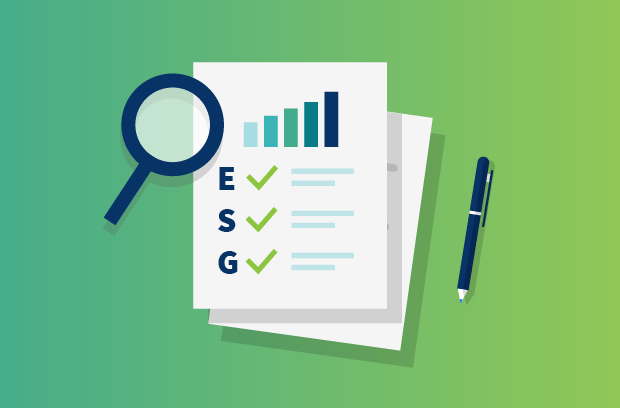
Why ESG Reporting matters more than ever?
Beyond supporting public trust and reputation, formal non-financial disclosure offers tangible upsides:
Attracting Investors
Funds and firms gravitating towards ethical companies consider robust ESG data in allocation decisions. Complete, honest reporting signals your organization embraces sustainability.
Mitigating Risk
Getting ahead of ESG issues through reporting fosters resilience against supply chain disruptions, climate impacts, lawsuits, and regulatory shifts.
Uncovering Efficiencies
The process of ESG data gathering often reveals cost and waste reduction opportunities, inspiring operational improvements.


